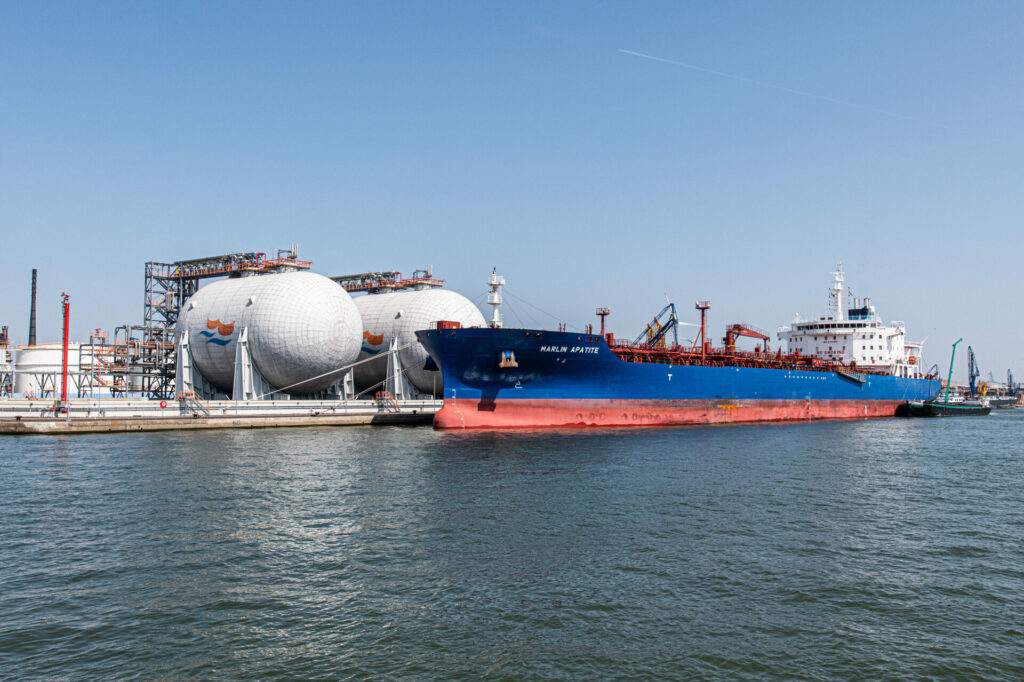Between August 2022 and January 2023, Belgium succeeded in curbing its demand for natural gas by 19.2%, statistics released by the European Commission last Monday show. The EU has set a non-binding gas reduction consumption target of 15% for Member States for between August and March of this year.
“Since the adoption of the EU Council Regulation… the EU has been successful in diversifying away from Russian gas and reducing its gas demand by 19% from August 2022 to January 2023, compared to the previous 5 years’ average over that same period," a report to the European Council concluded.
Nations were encouraged to meet the 15% reduction target. In the case of emergency, the EU retains the right to make the gas demand reductions binding. In total, most EU Member States made significant reductions in demand, with the exception of the Netherlands (+12.1%) and Slovenia (+4.6%). Other reductions were slight, for example in Ireland, where demand fell by just 0.3%.
Efficiency gains?
The results paint a generally positive picture of the diversification of European energy sources and the exclusion of Russian gas. European countries have reduced the demand for gas by investing massively into energy saving measures, such as insulation, renovation, heat pumps, and modernising HVAC systems.
“Most Member States implemented communication campaigns. In some instances, the campaigns also raise awareness of existing subsidy schemes for energy efficiency, mostly targeting households and SMEs,” the report noted.
The EU has repeatedly accused Russia of using energy as a weapon, both before and during the war. Russia has all but entirely halted the delivery of pipeline gas to Europe and EU authorities have sanctioned its oil products and natural resources.
Last heating season, EU Member States were forced to look elsewhere to meet their gas needs. At great expense, they massively diversified their gas supplies, purchasing LNG from the US and Arab countries and increasing pipeline deliveries from Scandinavia.
'May be troubles ahead'
Nations have pushed large volumes of gas into underground storage facilities ahead of what the Commission warns could be another difficult year.
“Despite significant improvements since August 2022, the situation on the global gas market remains tight in 2023. Several factors (weather, remaining Russian imports, the availability of alternative electricity sources and further tightness in global LNG markets) could make the 2023 storage filling season difficult,” the Commission said.
This year’s storage filling season will not be able to rely on the 60 bcm of Russian pipeline gas that was imported before Russian turned off the taps last year. Furthermore, committing to long-lasting demand reduction measures could cause price volatility in years to come.
Related News
- New IPCC report: A grim and final warning on climate action
- Zeebrugge LNG terminal indirectly funds Russian war effort
Reductions are also only possible so long as there is the “same spirit of solidarity” which has prevailed throughout the voluntary reductions. An end to Russia’s war in Ukraine, or its continuation, leading to renewed energy difficulties, could see this trend reverse.
“Long-lasting disruption could still lead to a risk of uncoordinated action by Member States, threatening to endanger security of supply in neighbouring Member States and to place additional burden on the Union’s industry, consumers, and functioning of the internal gas market ” the Commission warned.
The Commission is currently considering extending its gas demand reduction guidelines for a further year. This, it warns, is the only way that the EU can ensure “sufficient storage filling over the summer” and to provide flexibility to reduce price spikes.

